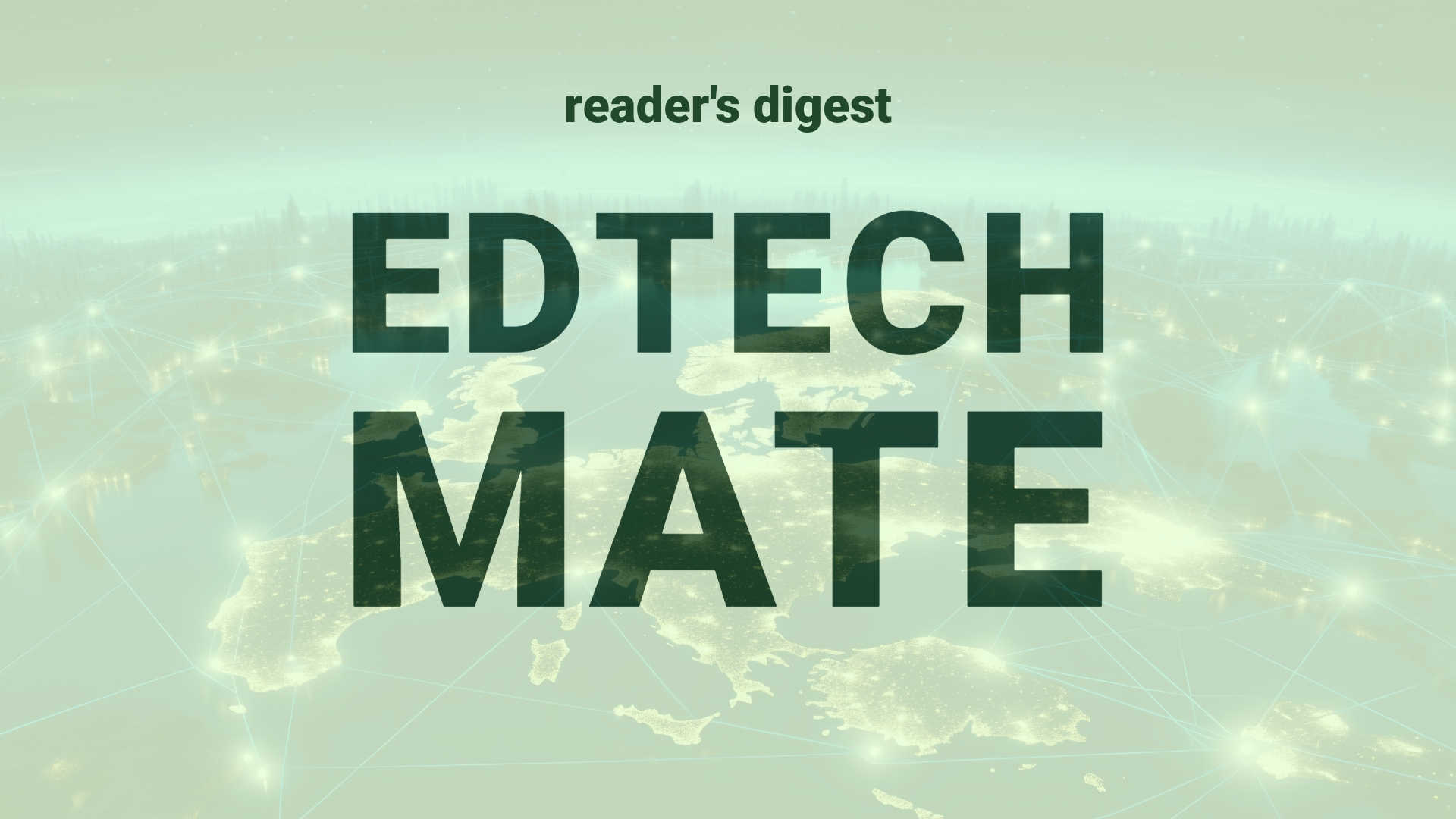“`html
Executive Summary and Main Points
In a recent study highlighted by the Harvard Business Review, artificial intelligence’s integration into workplace functions has shown a paradoxical effect of increasing operational efficiency while inadvertently leading to employee isolation and associated health issues. Employees report feeling a loss of social interaction when routine tasks are automated, which can manifest in increased loneliness, alcohol use, and insomnia. The study presses on the importance of human-centric AI implementation, suggesting a reevaluation of workforce structures to emphasize employee well-being, potentially through strategic retraining.
Potential Impact in the Education Sector
The incorporation of AI in education can similarly transform Further Education, Higher Education, and Micro-credential sectors by automating routine administrative tasks and facilitating personalized learning experiences. Strategically implemented, AI may redistribute faculty workloads to focus on high-impact educational practices and mentorship, fostering deeper partnerships between institutions and digital solution providers. While such partnerships may revolutionize pedagogical approaches and learner engagement, they also risk compromising faculty-student interactions if not carefully balanced.
Potential Applicability in the Education Sector
AI applications could include virtual teaching assistants, algorithm-driven student support services, and predictive analytics for student performance and retention, which are germane to global education landscapes. By utilizing AI, educators can devote more time to developing innovative teaching strategies, conducting research, and engaging in substantive interaction with students. However, ensuring cultural and contextual relevance will be crucial, considering the diversity of global educational systems.
Criticism and Potential Shortfalls
Despite the promise of AI in transforming educational efficiencies, criticism arises from the potential depersonalization of education and a reduction in human interaction, pivotal to the student experience. Comparative international case studies demonstrate varying impacts, contingent on cultural specifics and the technological readiness of institutions. Ethical concerns about data privacy, algorithmic bias, and job displacement further compound apprehension, calling for an acute balance between technology adoption and human connection.
Actionable Recommendations
To harness AI’s potential in global higher education responsibly, institutions should prioritize strategic implementation plans that enhance human engagement alongside technology integration. Recommendations include creating AI-enhanced collaborative learning environments that promote interaction, investing in faculty development to leverage AI tools effectively, and setting up interdisciplinary teams to guide ethical AI integration. Ongoing evaluation processes should assess AI’s impact on learning outcomes and student well-being to ensure technology remains a means to enrich educational experiences, not to supplant them.
“`
Source article: https://www.cio.com/article/2503276/extensive-ai-use-makes-employees-lonely-nervous.html

